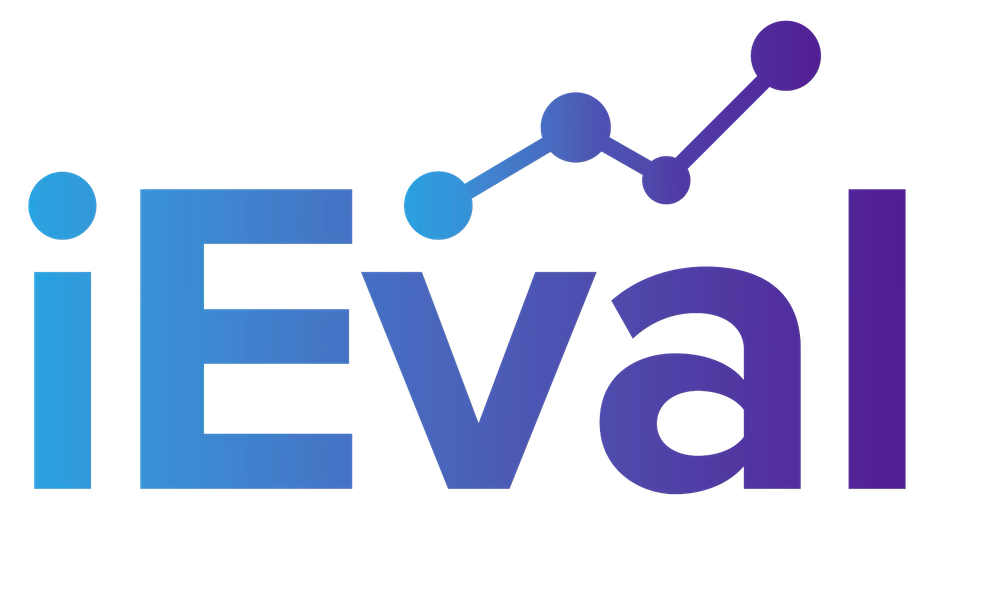It always starts innocently enough - you’re at a child’s birthday party, you’re making small talk with the nurse at the doctor’s office or you bring some cookies over to meet the new neighbors. But it always has one thing in common: you’re talking to someone you don’t know and who doesn’t know you. After the required “Hello,” “How are you?” “Can you believe this weather?”…you know what’s coming next. It is part of the unwritten, universal script of a conversation with a new acquaintance. The next question always is, “So, what is it you do?”
Do you dread that question as much as I do? I’ve worked in evaluation for almost a decade and it still makes me stop in my tracks. I smile. I pause. I smile again. I think. How do I explain what is it I do? I’ve come up with a pretty good stock answer over the years. It took some trial and error and a lot of blank stares from people, totally confused about what an “evaluator” does.
So if my neighbor isn’t really sure what I do after I explained it, how do we know if our clients are clear about what evaluators do and how evaluation can be useful? Some questions to think about when working with clients:
- Are we, as evaluators, helping clients understand what it is we do?
- Are we being clear about how the evaluation process and end results can and should be used?
- Are we doing evaluation with people, instead of to people?
- Do we explain what we do and why?
Not all evaluators are good at explaining what it is we do. I was in a meeting with an evaluator who explained to the client that “we are basically auditors.” I’m pretty sure everyone could hear my jaw hit the floor after that statement. What did I just hear? Auditors? Evaluators are auditors?
No. Evaluators are not auditors, and the reasons why are a topic for another blog post. But this shows you that if evaluators aren’t even sure how to explain the work they do, clients aren’t going to have any clue. I’m pretty sure a client isn’t going to be thrilled to work closely with an evaluator if they think the whole point of the evaluator is to audit their program. And how useful will any of the evaluator’s reports be to the client, if the client thinks they are getting a report back from an auditor? In order to improve the likelihood that the evaluation will be used, make sure the client understands what evaluation really is and how it can help them and their programming or organization.
DR. EVERETT’S USEFUL TIP: Create an elevator speech to answer the question, “What do evaluators do?” Think outside of situations where people might have some idea about evaluation. Instead, imagine yourself answering this question after it’s posed by someone at a wedding reception, a holiday party, or by your dental hygienist. For a fun way to explain what an evaluator does, check out the children’s book Eva the Evaluator by Roger Miranda.

